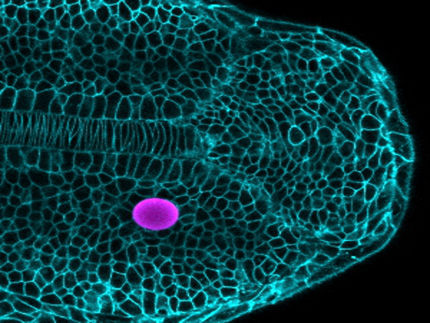First derivation of human embryonic stem cells without exposure to cell feeders
Advertisement
A.C.T. Holdings and Advanced Cell Technology, Inc. (ACT) reported the first derivation of human embryonic stem cells in completely feeder-layer-free and serum-free conditions. The research, which appears online in the journal The Lancet, by ACT and its collaborators, describes a system for producing embryonic stem cells which markedly reduces the risk of contamination with pathogens that could be transmitted to patients and the population-at-large.
To-date, all human embryonic stem cell lines have been isolated in contact with either mouse or human cells that may have contaminated the stem cells with viruses or other pathogens. It is therefore likely that the human embryonic stem cell lines authorized for federal research funding under the President's August 9, 2001 policy are therefore unsuitable for use in transplant medicine. "The ability to generate embryonic stem cells without exposure to living cells or serum solves a major problem associated with the use of these cells in future medical therapies," said Robert Lanza, Vice President of Medical & Scientific Development at ACT, and senior author of the study. "There are unique challenges associated with the earliest stages of stem cell derivation. Our study shows that the cell- and serum-free derivation of new embryonic stem cell lines is possible from the beginning."
Although feeder-free systems have been described in the past, they have all been used for the maintenance of previously-established human embryonic stem cell lines that have already been exposed to potential contamination by contact with such animal cells.
The extracellular-matrix-coated plates used in ACT's study proved remarkably stable, and could be easily sterilized using a variety of conventional treatment and sterilization processes. This work also represents an important step toward a completely animal product-free culture system for the derivation and maintenance of new "clean" embryonic stem cell lines.





















































